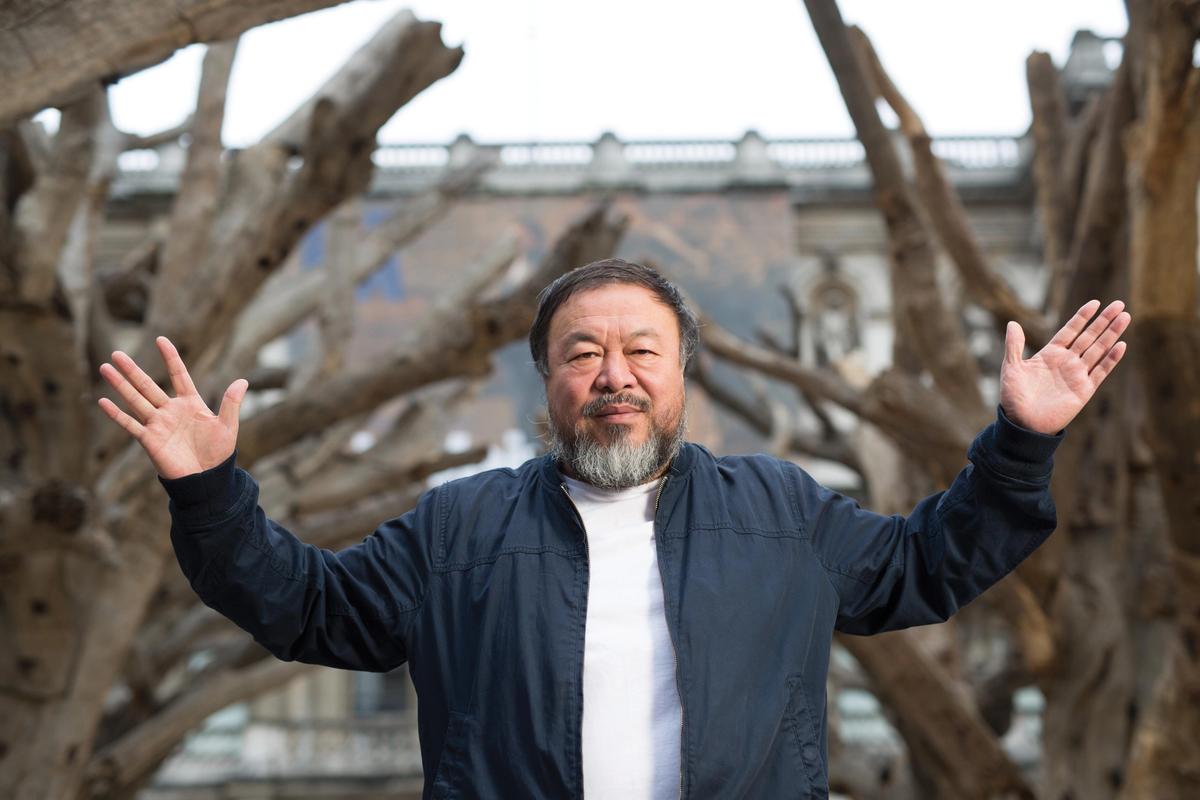European museums have defended their collaborations with corporations owned by the Chinese state in the face of mounting criticism of the country’s human rights abuses. We asked the Chinese dissident artist Ai Weiwei about the responsibility of European art organisations partnering with state-owned firms in China.
The Art Newspaper: Do you think that European museums should operate in China? Should they try to exert pressure on government officials with regards to the detention of Uyghurs and the crackdown in Hong Kong?
Ai Weiwei: Almost none of the Western museums operating in China support the culture they represent, not even to mention the values they represent. Most of them are in China purely for strategies of self-development, attempting to get away from the struggles facing institutions in the West.
The Pompidou is the perfect example having lent their works to Shanghai, a city under heavy communist censorship. My name cannot even appear in museum exhibitions in Shanghai. It is a gigantic monster of a city that has absolutely no aesthetic or moral foundation upon which art can exist.
On 3 April 2011, the same day I was arrested and placed in secret detention, Germany and China opened the biggest so-called two-state cultural exchange at the National Museum in Beijing. The show cost approximately €30m and it was called “The Art of Enlightenment,” but not a single Chinese institution was enlightened. At the same time, I was in detention and there was not a single voice questioning the Chinese state’s behaviour toward their own artists. The exhibition was a complete failure and a waste of German tax-payer money, yet the German press kept silent about it.
Some galleries continue to stay open in Shanghai or Beijing without selling a single work in the past decade. To ask them to speak out about violations or other political issues in Hong Kong or within China sounds like a joke. In Beijing’s 798 art district, the UCCA [Center for Contemporary Art] functions to please the Chinese government by showing so-called safe art, to decorate the “openness” of Chinese society. In reality, they are collaborators in this crude censorship on ideology and free speech, and they perform their role well.
In his final report for the China Tribunal in London, which investigated the practice of live organ removals from Falun Gong prisoners in China, Geoffrey Nice concluded that: “Governments and any who interact in any substantial way with the People’s Republic of China including… educational and arts establishments should now recognise that they are interacting with a criminal state.”
The statement is clear. Any state or organisation, business or culture alike, involved with a state with such an extremely poor record on human rights, with divisive ideas about those most important values such as free speech, becomes a part of this power. If you do not question that power you become complicit.


